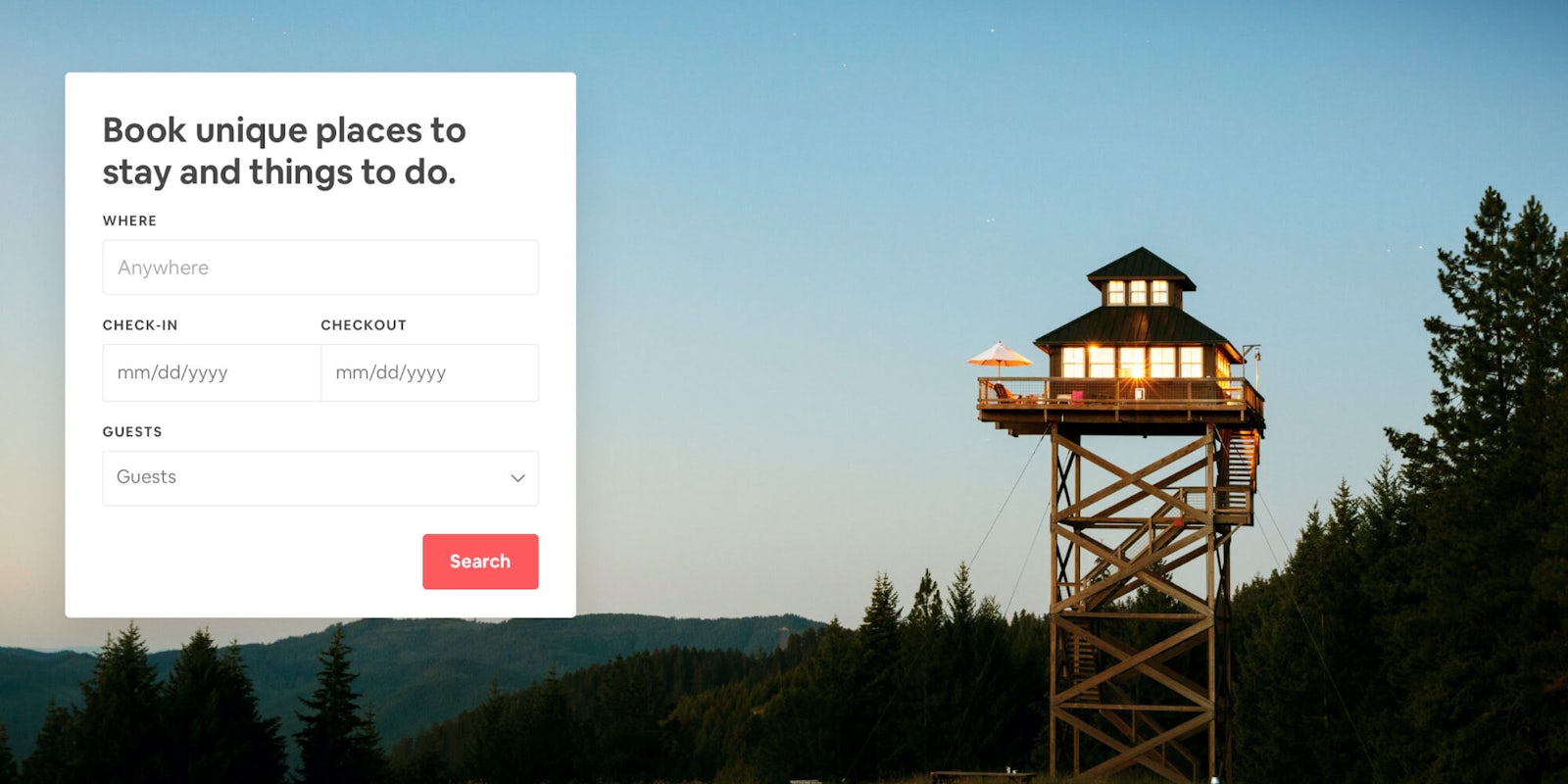Traveling — abroad or otherwise — leaves people vulnerable. Vice writer Allie Conti recently learned this the hard way, when she uncovered a huge Airbnb scam. Thinking about booking an Airbnb and want to avoid being swindled out of both your money and a place to stay?
How the Airbnb scam works
Airbnb scams rely on the vulnerability of travelers. As Conti wrote, being far from home with nowhere to go renders travelers both physically and emotionally vulnerable. As Airbnb hosts were scamming her and other users, they were put on the spot and asked to make a snap decision about where they would stay: Would they take their chances finding somewhere else to stay or go with the alternative accommodations provided by the hosts? This is a good faith con, which relies on the targeted person’s belief that the scamming host who they say they are and acting honestly.
The ease of faking an identity online also comes into play here, where profile photos are taken from travel sites and the same property is used to represent multiple listings. In the examples provided by Conti, the same furniture and art had been shifted for each new listing, something you’d only notice if you were looking for it.
Like any property-based scam, listings are misrepresented, booked, and guests are shifted to the place their host was going to have them stay all along. Sometimes these are low-budget apartment complexes owned by the host, or someone posing as the host, which allows the host to use the same unit as a face for their operation while maintaining multiple listings. A similar method of using properties in a tight rental market to circumvent property law was uncovered earlier this year by the New York Times.
How to spot Airbnb scams
The nature of the internet and voluntary travel listings means that Airbnb’s minimal verification of hosts and properties may not be the most effective way of verifying your host is who they say they are. A good place to start would be running their profile image through Reverse Google Image Search to find whether the photo is connected to someone with the same name and face as the prospective host. If the image doesn’t pop up on a site that sells stock photos or travel service sites, that’s a fairly good sign that the photo is legit.
Verifying the location and appearance of the listing is the next step to making sure it’s really the place you’ll be staying. Take note of any identifying features which may be visible on Google Street View — windows, doors, odd architectural choices — and make sure that they match up with the address on Street View.
Unfortunately, this next step is hit-or-miss: read their reviews. If there are an overwhelming number of positive or negative reviews, it is probably safer to look somewhere else. The average Airbnb rating is 4.7, according to Budget Travel, and so your three to four-and-a-half star range is likely to be the most accurate.
What to do if you get scammed on Airbnb
If you get scammed on Airbnb, there’s actually very little you can do, as evidenced by Conti’s interviews with other users who had similar experiences. If you suspect that your Airbnb reservation is a scam, the best course of action is to keep all payment and communication in the app. Only communicate through the platform’s secure messaging system so that all of your interactions are in writing, and contact support. Airbnb’s “defense strategy” is described as being “multi-layered” on its Trust and Safety page, but the only description of how this protects users is limited to keeping communication and payment exclusive to the app.
H/T Vice


